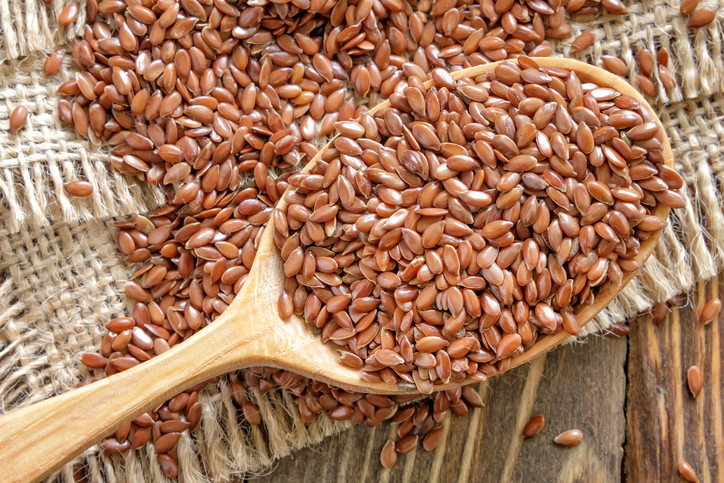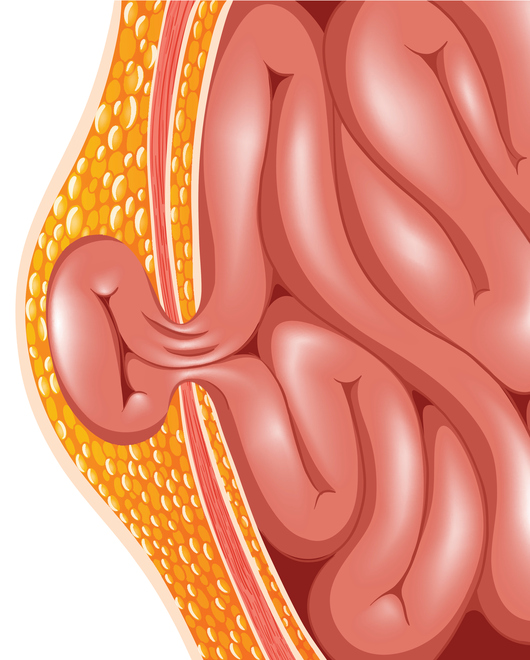Irritable-Bowel Syndrome (IBS) is a common condition that mainly affects the intestine causing recurrent left-side abdominal pain, bloating, diarrhea, and/ or constipation. It is often associated with stress, depression, anxiety, or previous intestinal infection. According to doctors, it is common in one in every five Americans.
Who should look out for IBS
While IBS can happen to anyone, there are certain persons that must try to be on the lookout. Persons under the age of 45, females, those with family members who have had IBS and persons with a mental health problem are especially susceptible to IBS.
IBS Symptoms
IBS Symptoms can differ depending on the individual, the most common symptoms include abdominal pain, bloating, excessive gassiness, bouts of diarrhea and/or constipation and mucus in stool. You may even be surprised to find blood in your stool. Keep in mind however, that the symptoms will vary during the course of the condition. For instance, there may be days when you are paralyzed with pain and cannot even manage to leave the bedroom. At other times, you may be able to bear the pain just a bit more. And yet, some days you may be able to run around wondering ‘IBS, what IBS?!’
IBS Causes
While doctors have been unable to determine the specific cause of Irritable Bowel Syndrome, they do agree that a wide range of factors do contribute to the issue. They also agree that in most cases, this is due to a trigger from certain everyday activities.
Based on the biology of the human body, the intestinal walls are lined with layers of muscle that go through coordinated rhythms of contraction and relaxation as they move food from your stomach through to your intestinal tract and onto your rectum. In the case of IBS, one of two things may happen: in the first instance, the contractions may be stronger and last longer than normal, causing abdominal pain, bloating, gas and diarrhea. Meanwhile, in the second instance, weak intestinal contractions end up slowing food passage and leading to hard, dry stools, again causing abdominal pain, bloating and digestive issues.
Triggers of Irritable Bowel Syndrome include certain types of food (such as chocolate, carbonated beverages, beans, spices, fruits and alcohol), hormones and stress.

Source: Thinkstock/ STEFANOLUNARDI
IBS Effects
Once again, depending on the individual, the effect of Irritable Bowel Syndrome may be drastic or hardly noticeable at all. In many instances, it has caused weight loss. This can occur due to the cramping pain which can be so severe as to make your eating habits irregular, followed by diarrhea which leads to the inability of the body to absorb the necessary nutrients.
In other instances, IBS can result in weight gain which results from the temporary die down’ of symptoms which can cause you to overeat in a short period of time.
IBS Treatment
Due to the lack of knowledge about what exactly causes IBS, the common methods of IBS treatment are focused mostly on relieving the symptoms rather than curing to allow those affected to lead normal lives (well as close to normal as is possible).
In the milder cases, Irritable Bowel Syndrome can be managed by a simple change of diet and lifestyle. In more severe circumstances, there may however be a need to manage the condition including fiber supplements, antispasmodic or anticholinergic medications antidiarrheal medications, antibiotics, or antidepressants.

Source: Thinkstock/ YelenaYemchuk
IBS Diet
The IBS diet is basically about eliminating things – which is annoying for a lot of people but if it alleviates the pain it is totally worth it!
- Eliminating high gas foods such as carbonated beverages, some vegetables, and raw fruit.
- Eliminating gluten (due to the high rise in instances of coeliac disease, there are a lot more gluten-free options available in supermarkets).
- Eliminating FODMAPs – certain carbohydrates such as fructose, fructans, lactose which are found in grains, veg, fruits and dairy.
- Increase fiber – this is actually much easier than you might think. Sprinkling your cereal or oatmeal with some flaw seed, changing from white to wholemeal bread, or indeed fiber supplements can all help your digestive system no end.
Hernia
Unchecked, IBS can cause a hernia or IBS can be mistaken for a hernia. A hernia is when an organ comes through muscle or tissue that surrounds the organ when it is meant to hold it in place. This occurs when the muscle or tissue is weak or forms a specifically weak area. Hernias usually show up in the abdomen where all the organs are, but they have also been known to occur in the upper thigh, belly button and groin. They aren’t life threatening usually but they definitely won’t disappear by wishing it away and can require surgery.

Source: Thinkstock/ blueringmedia
What Causes Hernias?
Hernia’s are a cocktail of undue stress to a certain area and muscle weakness. Hernia’s can develop slowly over time or quickly depending on what is causing it.
Common muscle weakness causes:
- old age
- abdominal wall failure to close in the womb (congenital defect)
- coughing constantly
- injury or surgery damage
Hernia inducing factors:
- Pregnancy pressure on abdomen
- Constipation, straining the muscles upon bowel movement
- Lifting heavy things
- Abdomen fluid
- Gaining weight quickly
- Coughing or sneezing constantly
Hernia Symptoms
The most immediate symptom is a bulge or lump in the abdomen or area that is out of place. There could be a lump in your groin on the side of the pubic bone and thigh meeting occurs. It helps to be standing up to feel your hernia. If you are looking for a hernia on a baby, it is going to be more noticeable when the baby is crying and then you can look for a bulge.
Other symptoms for inguinal hernia:
- Pain or discomfort in the hernia location, most typically the lower abdomen. If you feel pain particularly when coughing, lifting, or bending over, it could be a hernia.
- Previously un-felt heaviness in the abdomen. This can be accompanied by weakness or pressure in the abodmen as well.
- A burning or aching sensation at the bulge location.
Other symptoms for hiatal hernia:
- acid reflux: esophageal reflux of stomach acid going back into the esophagus
- pain in chest
- swallowing difficulty
Hernias can also not present any symptoms so it might only show up during a physical or medical exam of an unrelated issue.
Featured Image: Photo by BuzzFarmers / CC by




